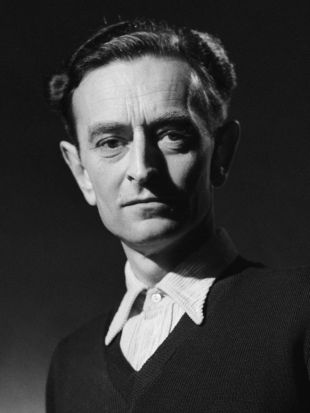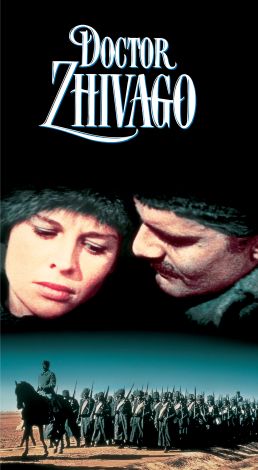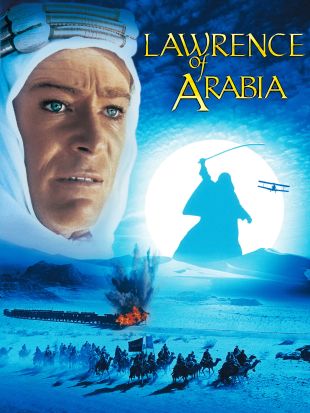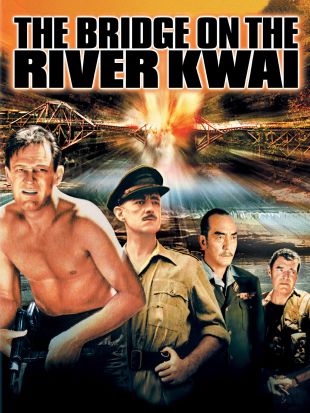Director, writer, and producer David Lean grew up in a strict religious background in which movies were forbidden to become one of the world's most celebrated filmmakers. Beginning as a tea boy in the mid-'20s, he was lucky enough to move into editing just as sound films -- with their special requirements -- were coming on the scene. By the mid-'30s, he was regarded as one of the top in his field.
Lean turned down several chances to make low-budget films, and got his first directing opportunity (unofficially) on Major Barbara (1941), one of the most celebrated movies of the early '40s. Noel Coward hired Lean as his directorial collaborator on his war classic In Which We Serve (1943), and, after that, Lean's career was made. For the next 15 years, he became known throughout the world for his close, intimate, serious film dramas. Some (This Happy Breed [1944], Blithe Spirit [1945], and Brief Encounter [1945]) were based upon Coward's plays, which the author had given Lean virtual carte blanche to film. Others ranged from Charles Dickens adaptations (Great Expectations, [1946], Oliver Twist [1948]) to stories about aviation (The Sound Barrier [1952]). In 1957, in association with producer Sam Spiegel, Lean moved out of England and into international production with his epic adaptation of Pierre Boulle's Japanese prisoner-of-war story The Bridge on the River Kwai, a superb drama starring Alec Guinness, Jack Hawkins, and William Holden that expanded the dimensions of serious filmmaking.
Lean's next film, Lawrence of Arabia (1962), based on the life and military career of World War I British hero T.E. Lawrence, became the definitive dramatic film epic of its generation. Doctor Zhivago (1965), a complex romance about life in Russia before and during the revolution, opened to mixed reviews but went on to become one of the top-grossing movies of the '60s, despite a three-hour running time. With an armload of Oscars behind him from his three most recent pictures -- with combined box-office earnings of as much as 300 million dollars -- Lean was established as one of the top "money" directors of the decade. But his next movie, the multimillion-dollar, 200-minute Ryan's Daughter (1970), fared far less well, especially before the critics, who almost universally condemned the slowness and seeming self-indulgence of its drama and scale. Disheartened by its reception, Lean took more than ten years to release his next film, the critical and box-office success A Passage to India (1984). He was working on Nostromo, based upon Joseph Conrad's book, at the time of his death in 1991.



